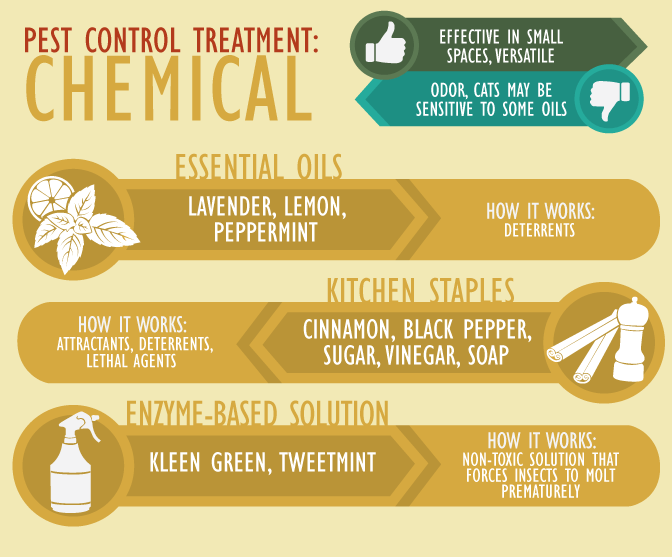Prepare Yourself To Turn Your Yard Into A Pest-Free Sanctuary Making Use Of These Creative Suggestions And Methods
Prepare Yourself To Turn Your Yard Into A Pest-Free Sanctuary Making Use Of These Creative Suggestions And Methods
Blog Article
visit the following website page By-Thorpe Warren
Envision your garden as a shelter, an area of harmony and charm. Nevertheless, the existence of outside parasites can promptly disrupt this idyllic image. What happens if there were simple yet efficient methods to maintain these unwelcome site visitors away and safeguard your garden sanctuary? By following a couple of useful pointers and applying natural strategies, you can create an unified outside space where your plants can thrive undisturbed.
Natural Bug Deterrents
To keep parasites far from your garden naturally, plant aromatic natural herbs like mint and lavender. These aromatic plants not just include appeal to your yard but also serve as reliable pest deterrents. Bugs like insects, flies, and even some garden-damaging pests are pushed back by the solid aromas given off by these natural herbs. Merely positioning them tactically around your garden can help develop an all-natural obstacle against undesirable pests.
In addition to mint and lavender, consider planting various other natural herbs like rosemary, basil, and lemongrass to further boost your garden's pest-proofing capabilities. These natural herbs not just work as natural repellents however likewise have actually the included benefit of working in cooking or crafting homemade treatments.
Strategic Plant Placement
Consider the layout of your garden and the types of plants you need to strategically place them for optimum pest-proofing performance.
Start by organizing plants with similar resistance to insects with each other. By doing this, you can create an all-natural obstacle that hinders parasites from spreading throughout your garden.
Additionally, positioning pest-repelling plants like marigolds, lavender, or mint near even more susceptible plants can help protect them. High plants, such as sunflowers or corn, can function as a guard for shorter plants versus insects like rabbits or ground-dwelling insects.
Bear in mind to leave enough area between plants to boost air flow and lower the risk of diseases that pests might lug.
Furthermore, think about growing strong-smelling natural herbs like rosemary or basil near prone plants to perplex bugs' senses and make it harder for them to locate their targets.
Effective Parasite Control Approaches
For combating garden insects effectively, carrying out a multi-faceted insect control technique is vital. Beginning by motivating natural predators like birds, ladybugs, and praying mantises to aid maintain insect populaces in check. Presenting source web page that attract these useful insects can aid in parasite control. In addition, practicing excellent yard health by removing debris and weeds where insects may hide can make your garden less congenial to unwanted site visitors.
Think about using physical barriers such as row cover materials or netting to shield susceptible plants from parasites like caterpillars and birds. Using natural chemicals like neem oil or insecticidal soap can also work against particular bugs while being much less damaging to useful pests and the atmosphere. It's important to turn your plants each season to stop the buildup of bug populaces that target certain plants.
Regularly inspect your plants for signs of bug damage so you can act quickly. By integrating these approaches and remaining cautious, you can successfully manage yard insects and delight in a thriving, pest-free garden.
Final thought
So, there you have it - with the right strategies, you can keep pesky outdoor insects far from your garden and help your plants grow.
Did you understand that planting mint has been shown to repel mosquitoes and other insects, decreasing the demand for hazardous chemicals by up to 60%?
By incorporating all-natural deterrents and clever planting techniques, you can develop a gorgeous and pest-resistant yard sanctuary for you to appreciate.
